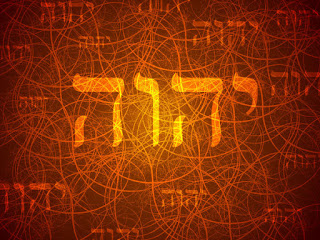Ancient Historical Writing as the Atheist's Inerrant Scripture
One of my projects this week has been an examination of claims by one of the supposedly better-educated atheist critics out there. I'm finding that, as usual, even when they have degrees, the education these folks have pretty much stops at the tip of their own noses. One of the arguments made by this character is that the Gospels don't deserve our trust because they lack certain features of what they take to be reliable histories. For example, they quote the following from Dionysius of Halicarnassus: For perhaps readers who are already familiar with Hieronymus, Timaeus, Polybius, or any other historian that I mentioned a short while ago as being careless in their works, when they do not find many things in my own writings that are mentioned in theirs, will suspect me of fabricating them, and will want to know where I learned of such things. Lest anyone should hold such an opinion of me, it seems better that I should state in advance what narratives and records I have used...

